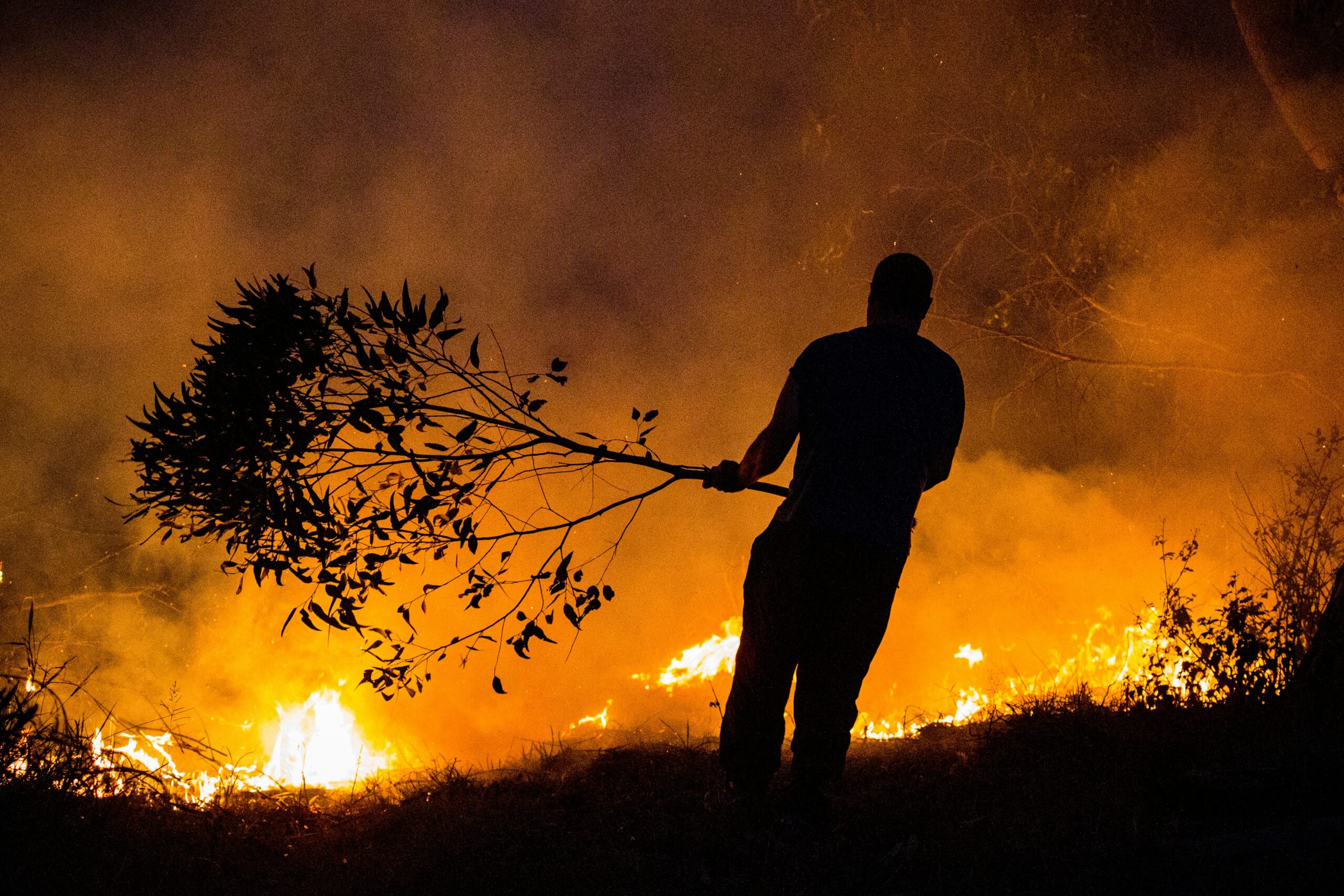
Portugal and Spain are facing a severe wildfire crisis, with flames ravaging vast expanses of land and causing significant casualties and material damage. The situation has escalated to one of the most challenging environmental disasters in recent years, with both nations deploying thousands of firefighters and military personnel in a desperate attempt to control the blazes.
Key Facts
- Emergency services in Portugal describe the situation as among the ‘worst’ in years.
- Six deaths have been reported due to the wildfires in both countries, including fatalities among firefighters.
- Thousands of firefighters, supported by military units, are battling the ongoing wildfires.
- Portugal has seen 2,160 square kilometers burned, while Spain reports a record 3,430 square kilometers affected.
Background and Current Status
According to Al Jazeera’s Sonia Gallego, reporting from Tarouca, Portugal, the severity of the wildfires is unprecedented, with local emergency services under enormous strain. In Portugal, the situation has somewhat stabilized in certain areas, with major fires brought under control; however, the threat of reignition remains high.
In Spain, the challenge persists with 23 active fires considered a serious threat to communities, particularly in the northwestern regions. Virginia Barcones, head of Spain’s Civil Protection and Emergencies agency, highlighted the dire circumstances facing the regions of Galicia, Castile and Leon, and Extremadura.
Impact and Casualties
The human cost of these wildfires has been steep. In Portugal, a firefighter tragically lost his life in a traffic accident, which also seriously injured two others. A former mayor also died in an attempt to combat the flames. In neighboring Spain, similar tragic incidents occurred, including the death of a firefighter when his water truck overturned, and other volunteers losing their lives in the line of duty.
Amid these tragic losses, civilian efforts have surged, with residents using whatever means available to defend their properties and livestock from the encroaching flames.
Environmental and Climate Concerns
The intensity and frequency of wildfires across the Iberian Peninsula are a direct reflection of broader environmental crises, namely climate change. Prolonged periods of heatwave and drought conditions, which scientists link to global warming, have created optimal conditions for wildfires to start and spread rapidly. This year’s fire season has not only been marked by its intensity but also by the scale of land affected, setting alarming records in both Portugal and Spain.
As the region battles these destructive fires, the call for comprehensive strategies to address the root causes and mitigate the impact of such natural disasters grows louder among communities and policymakers alike.
Official Reactions and Future Actions
Authorities in both Portugal and Spain are continuously updating the public and coordinating international aid to combat the fires. The European Union has been approached for additional firefighting resources under the EU Civil Protection Mechanism. Meanwhile, leaders are also emphasizing the need for long-term environmental policies to address the underlying issues exacerbating wildfire risks.
As the immediate firefighting efforts continue, the broader discussion is shifting towards enhancing resilience against climate change and improving emergency response capabilities to better protect lives and ecosystems in the future.


